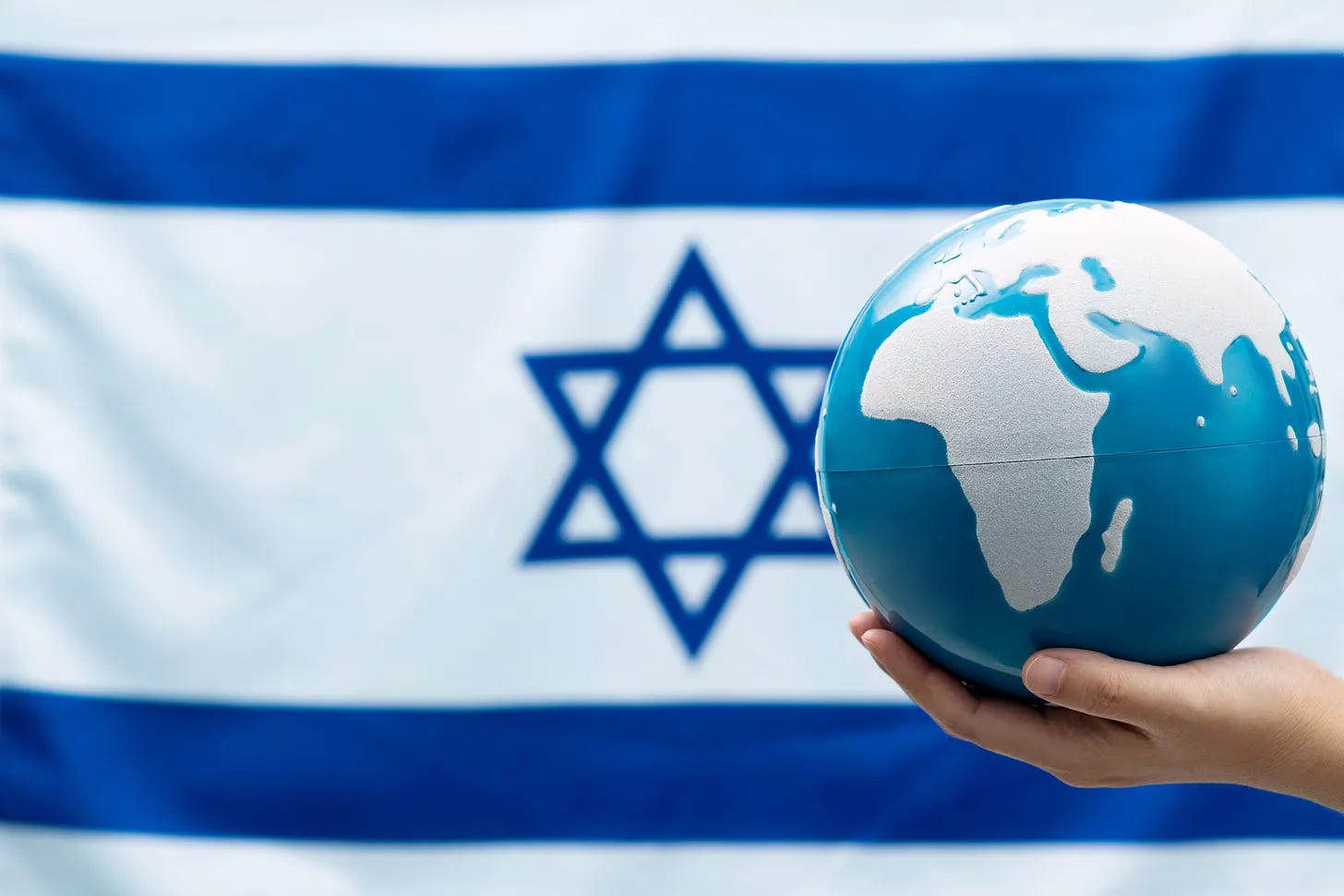By Andrew Rashkow
“Dad, it’s not easy to express how much your advice and timely assistance, financial and otherwise — as well as the encouragement you’ve given to each and every positive initiative I’ve undertaken — has meant to me. Knowing that you have never steered me wrong, and that you’ve rerouted me back onto the right path too many times to remember, from now on as a sign of appreciation, whatever you tell me to do, within reason of course, I promise to follow your instructions.”
What degree of loyalty is contained in the declaration above?
The simple answer is not much. While the words pay ample tribute towards recognizing the father’s pivotal role in guiding and assisting his son, nonetheless as soon as that caveat of “reasonability” appears, the ultimate pledge of fealty is, more or less, self-centered. Agreeing to only accept the fatherly instructions which are judged to “make sense,” is actually testimony that one’s ultimate allegiance is permanently affixed to one’s own outlook. The true object of the son’s loyalty is his own innate sense of right and wrong. After all, one might just as well follow the suggestion of a complete stranger if deemed helpful or insightful.
Admitting that someone else knows more and then relying on their greater knowledge or wisdom is a genuine act of trust and loyalty. We all take this approach in different areas of our lives. Doctors, trainers, nutritionists, financial planners, lawyers and others are routinely relied on to provide expert advice upon which we make important personal decisions — depending on our circumstances and own areas of expertise. So where do we draw the line between trusting ourselves or looking elsewhere for the answers?
This dynamic of determining where and when to submit to a higher authority is highlighted in two seemingly contradictory episodes in the life of our forefather Abraham. In one instance, he argues directly with God as to the fate of Sodom and Gomorrah. God has informed Abraham that places which do not abide even the smallest acts of kindness cannot endure. Abraham, in turn, knowing full well he is conversing with the Creator, Who knows all and is only good, still protests the impending destruction of the condemned cities due to the possibility of there being a minority of righteous people scattered amongst the wicked. A spectacular debate ensues in which Abraham seems to barter with God to ensure that even if there are fifty, forty, thirty, twenty — even just ten righteous people, Sodom and Gomorrah will be spared. In the end, God acquiesces to Abraham.
In a pointedly stark contrast to this, when Abraham hears God’s command to bring his unmarried son Isaac as an elevated offering on Har HaMoriah, the future Jerusalem, he does not hesitate to fulfill the will of his Creator. Abraham, whose life has been dedicated to removing the stain of idol worship and child sacrifice plaguing the pagan world, is readily prepared to commit an act in flagrant violation of everything he understands to be aligned with the will of God. Even more confounding, he has been promised by God that all of his future offspring will be descended from this son, who at this time still has no progeny. And perhaps most disturbingly, not a single word of protest is uttered by Abraham, even after he has seemingly prevailed with his earlier objections.
Regarding Sodom, God shared with Abraham what He intended to do. Abraham was not given a commandment; he was given information about the fate of others. Abraham understood that God must have a reason for sharing the advance notice with him, so he advocates for others based on his knowledge that Divine justice is perfect although often inscrutable. The ensuing dialogue, in fact, teaches us that our innate sense of right and wrong, while not being absolute, is a unique gift to be used in perceiving how God runs the world. But like all tools, it has its utility, and it has its limits. Our vision, which is not nearly as elevated as our forefather, has even shorter sight lines but still offers us occasional glimpses of Divine intervention.
On the other hand, when Avraham receives a direct commandment from Heaven regarding his son Isaac, there is no room or need to question. The apparent contradictions are immediately understood to be the product of the human mind’s limitations and the irreconcilable resolutions left alone for God to clarify. At that moment, the faith and loyalty to heed the call of our Creator in the light of the inexplicable became intrinsically and inseparably intertwined with the eternal Jewish spirit. How else could anyone explain the myriad of Jews throughout history, both those who were Torah observant and many others who displayed no outward signs of religiosity, who together chose gruesome deaths over coerced conversions when confronted with that frightful choice?
We live in a world where the feeling of being in control fosters the delusion that we have power and are in charge. The reality is we control the inputs only — where and how we direct our thoughts and efforts — but not the outcomes. Circumstances beyond our control are nearly always decisive in paving the roads we travel and determining the destinies we reach. Who we are when we get there, however, is a product of how we deal with the twists and turns that we encounter along the way. How we navigate the unknown. Do we even notice how often a surprising path emerges to lead us somewhere other than where we would have expected to reach on our own?
The outcomes of the two different scenarios that our forefather Abraham dealt with are exceptionally instructive in learning this lesson. While Abraham prevailed in his argument that Sodom and Gomorrah should be spared if even there remained just ten righteous among the wicked, alas there were not, and those places are no more. His son Isaac, in turn, whom he willingly brought up, nonetheless lived on, as do his children still.
Andrew Rashkow is the CEO of Imbibe, Co-founder of Heaven’s Door Spirits, and a Jerusalem-based Teacher and Adviser.
Free subscriptions to JEWDICIOUS are available until the end of 2023!
From decoding politics to the cutting edge of wellness to the human angle on sports to parenting and personal relationships — plus our unsparing take on what’s happening in the Jewish world — the canvas at JEWDICIOUS is limitless. Our 18 scribes share one overarching goal: To present you with new ideas and slices of life that will hit your head or touch your heart!





